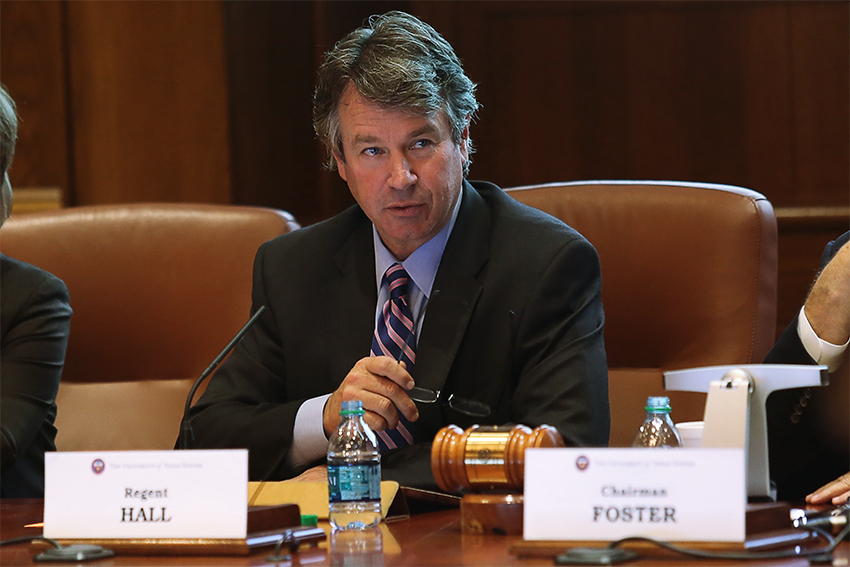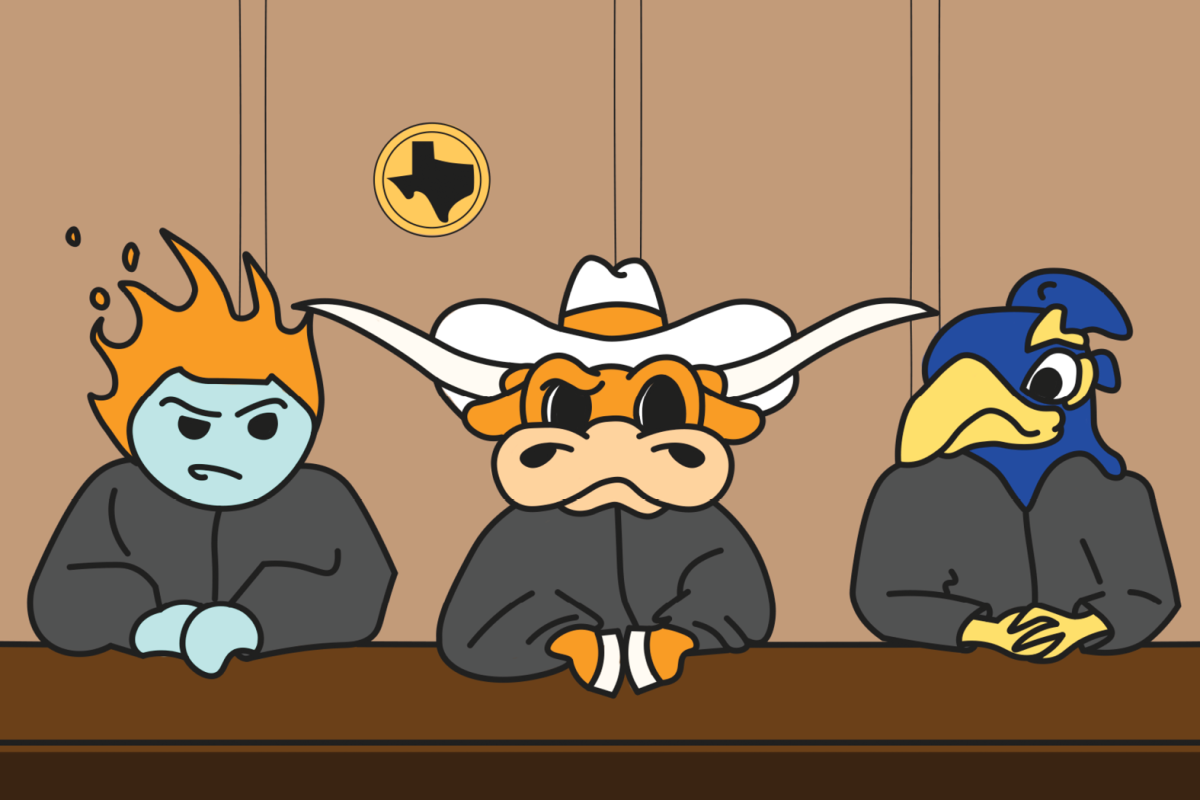The Texas Supreme Court agreed Friday to hear arguments in the lawsuit UT Regent Wallace Hall filed against UT System Chancellor William McRaven in order to access confidential student records that McRaven has been withholding from Hall.
Hall’s lawsuit stems from his desire to see student records surrounding allegations that certain students with powerful connections were admitted to the University despite being unqualified for admission. Hall wants access to records that McRaven is protecting under student confidentiality and has sought access to the records through legal action since he filed the lawsuit in June 2015.
“I am confident that the actions of the UT System have been in accordance with state and federal laws protecting confidential student information, and we will continue to defend our position,” McRaven said in September.
McRaven has offered redacted versions of the records to Hall, saying that student privacy should be protected. The Board of Regents voted in favor of McRaven’s view on the subject, but Hall said keeping the records from him was illegal.
Hall’s tenure on the Board of Regents ends in February, so the Supreme Court is expediting the case per Hall’s request.
The case has already been dismissed twice and appealed twice. Texas Attorney General Ken Paxton and fellow UT Regents Alex Cranberg and Brenda Pejovich have all filed court briefs in support of Hall’s lawsuit against McRaven.
McRaven has maintained that he is upholding privacy laws and protecting student privacy by withholding the student records, but Paxton said in the court brief that the regents should be allowed access to the records in order to fulfill their duties as regents.
“Both the Board’s rules and Texas law ensure that Regent Hall can only use the information he obtains for legitimate educational interests, providing a criminal penalty for the use or disclosure of information that has not been made public,” Paxton said in the court brief. “The University has no basis to assume the information requested will be used in a way as to violate state and federal privacy laws.”
Hall’s motivations in obtaining access have been called into question before. In March 2015, a grand jury investigating Hall failed to indict him for violating student privacy laws but issued a statement recommending his removal from office. As part of a personal investigation of the University, Hall had requested access to 800,000 pages of records, a process which the University said cost the school more than $1 million.





















